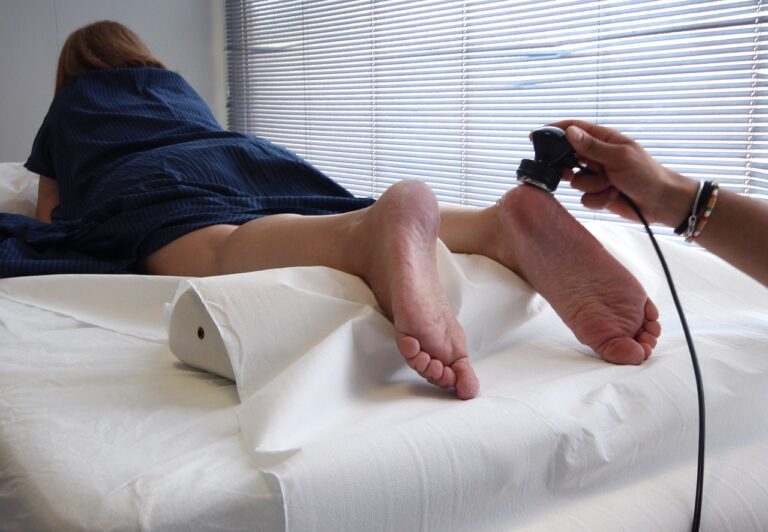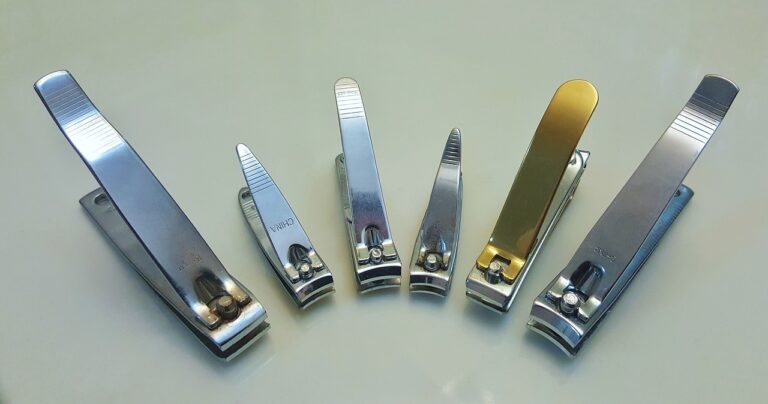The Potential of Wearable Health Devices in Elderly Care
The demographic shift towards an aging population has highlighted the pressing need for increased elderly care services in our society. With advancements in medical technology allowing people to live longer, the demand for specialized care tailored to the unique needs of the elderly has become more crucial than ever. As individuals age, their healthcare requirements evolve, encompassing a range of physical, mental, and emotional considerations that necessitate specialized care and attention.
The growing need for elderly care is further exacerbated by factors such as the rising prevalence of chronic conditions, including heart disease, diabetes, and dementia, among the elderly population. As these health challenges become more prevalent, the need for comprehensive care that addresses not only physical ailments but also mental well-being and social support has become increasingly apparent. Ensuring access to high-quality elderly care services is essential to promoting the well-being and quality of life of our aging population.
Challenges Faced by the Elderly in Healthcare
In the realm of healthcare, the elderly encounter a multitude of challenges that can impede their access to proper medical services. One significant barrier is the complexity of healthcare systems, which can be daunting for older individuals to navigate independently. This complexity often leads to confusion and frustration, hindering the elderly from receiving timely and adequate care.
Moreover, the prevalence of age-related health conditions further compounds the challenges faced by the elderly in healthcare. Chronic illnesses, reduced mobility, and cognitive decline are common issues among this demographic, requiring specialized care and attention. These health conditions not only increase the need for medical support but also make it harder for elderly patients to advocate for themselves effectively within the healthcare system.
Benefits of Wearable Health Devices for Elderly Patients
Wearable health devices have significantly impacted the quality of healthcare for elderly patients. These innovative devices help in monitoring vital signs, such as heart rate and blood pressure, providing real-time data to both patients and healthcare providers. This continuous monitoring allows for early detection of any health issues, leading to timely interventions and improved health outcomes.
Moreover, wearable health devices promote independence among the elderly by allowing them to track their own health metrics without frequent visits to healthcare facilities. With features like medication reminders and emergency alerts, these devices enhance the overall well-being of elderly patients. The ease of use and portability of these devices make them a valuable tool for promoting proactive health management and a sense of security for the elderly population.
What are wearable health devices?
Wearable health devices are electronic devices that can be worn on the body to monitor health metrics and provide real-time data on various aspects of a person’s health.
How do wearable health devices benefit elderly patients?
Wearable health devices can help elderly patients monitor their health status and receive timely alerts for any potential health issues. They can also track physical activity, sleep patterns, and vital signs, providing valuable information for healthcare providers.
What are some common challenges faced by the elderly in healthcare?
Some common challenges faced by the elderly in healthcare include managing chronic conditions, medication adherence, mobility issues, and isolation. Wearable health devices can help address some of these challenges by providing continuous monitoring and support.
How can wearable health devices improve the quality of care for elderly patients?
Wearable health devices can improve the quality of care for elderly patients by enabling remote monitoring, early detection of health issues, and personalized treatment plans. They can also promote self-management and empower patients to take control of their health.
Are wearable health devices easy for elderly patients to use?
Many wearable health devices are designed with user-friendly interfaces and simple functionality, making them easy for elderly patients to use. Some devices also offer features like automatic syncing with smartphones or computers for added convenience.







